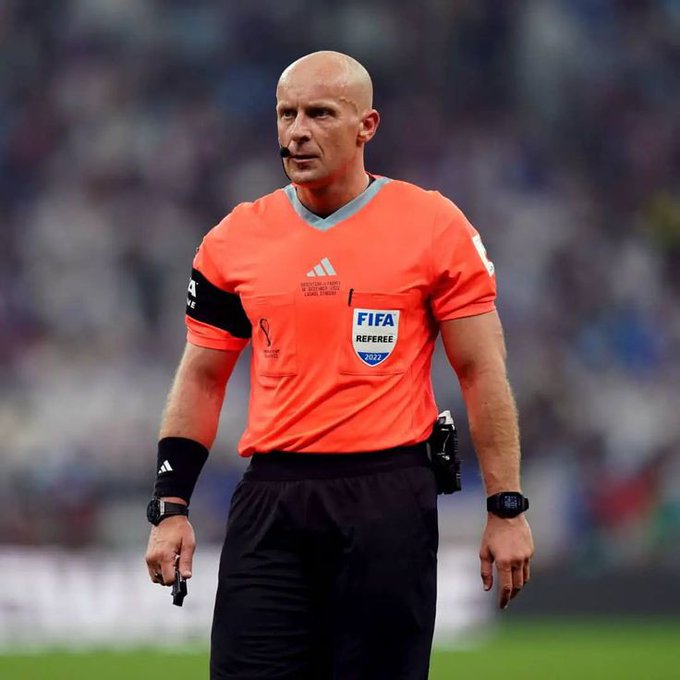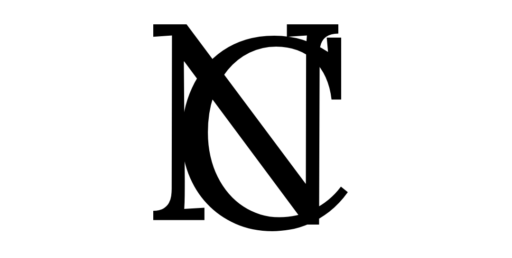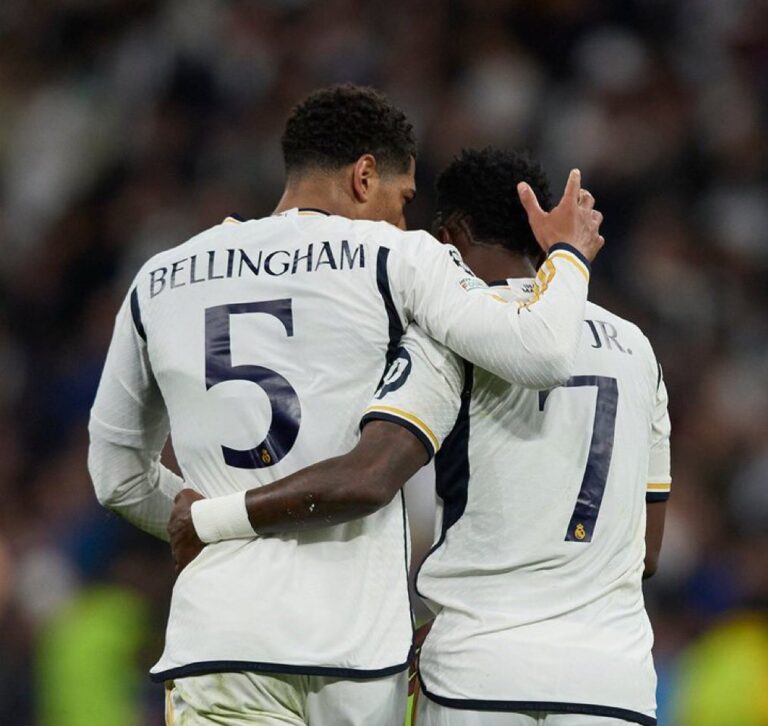Late Controversial Penalty Denies Newcastle Victory Against PSG in Champions League Clash
In a dramatic Champions League encounter on Tuesday night, Newcastle United faced Paris Saint-Germain at the Parc des Princes, with the match ending in a 1-1 draw marred by late penalty controversy.
The Magpies had taken the lead with Alexander Isak’s 25th-minute goal, but a contentious decision in injury time allowed Kylian Mbappé to convert a penalty and salvage a point for PSG.
Newcastle looked poised for a crucial win in Group F, especially after defeating PSG 4-1 in their previous meeting. Isak’s first-half goal, capitalizing on a rebound from Miguel Almirón’s shot, had put Eddie Howe’s side in the lead. However, a VAR check for a handball by Tino Livramento in the 98th minute led to Mbappé’s penalty equalizer, leaving Newcastle frustrated.

The penalty decision sparked outrage, with manager Eddie Howe expressing his disappointment, calling it a “poor decision.” The draw leaves Newcastle in a precarious position in the ‘Group of Death,’ where Borussia Dortmund has already secured a spot in the knockout stage with a 3-1 victory over AC Milan.

To advance to the last 16, Newcastle now needs a win against AC Milan in their final group game and hopes that PSG fails to defeat Dortmund.
The draw keeps PSG’s hopes alive as they cling to second place in the group behind Borussia Dortmund. Mbappé’s late goal, his 17th of the season, rescued the French champions from a potential upset.
The controversial decision dominated post-match discussions, with pundits, including Newcastle legend Alan Shearer, expressing frustration over the VAR-awarded penalty. The result sets the stage for a crucial showdown between Newcastle and AC Milan, while PSG aims to secure their place in the last 16 with a victory over Borussia Dortmund in their final group game.
In a season of ups and downs for Newcastle in their first Champions League campaign in two decades, the late penalty drama adds another layer of complexity to their journey in the ‘Group of Death.’







